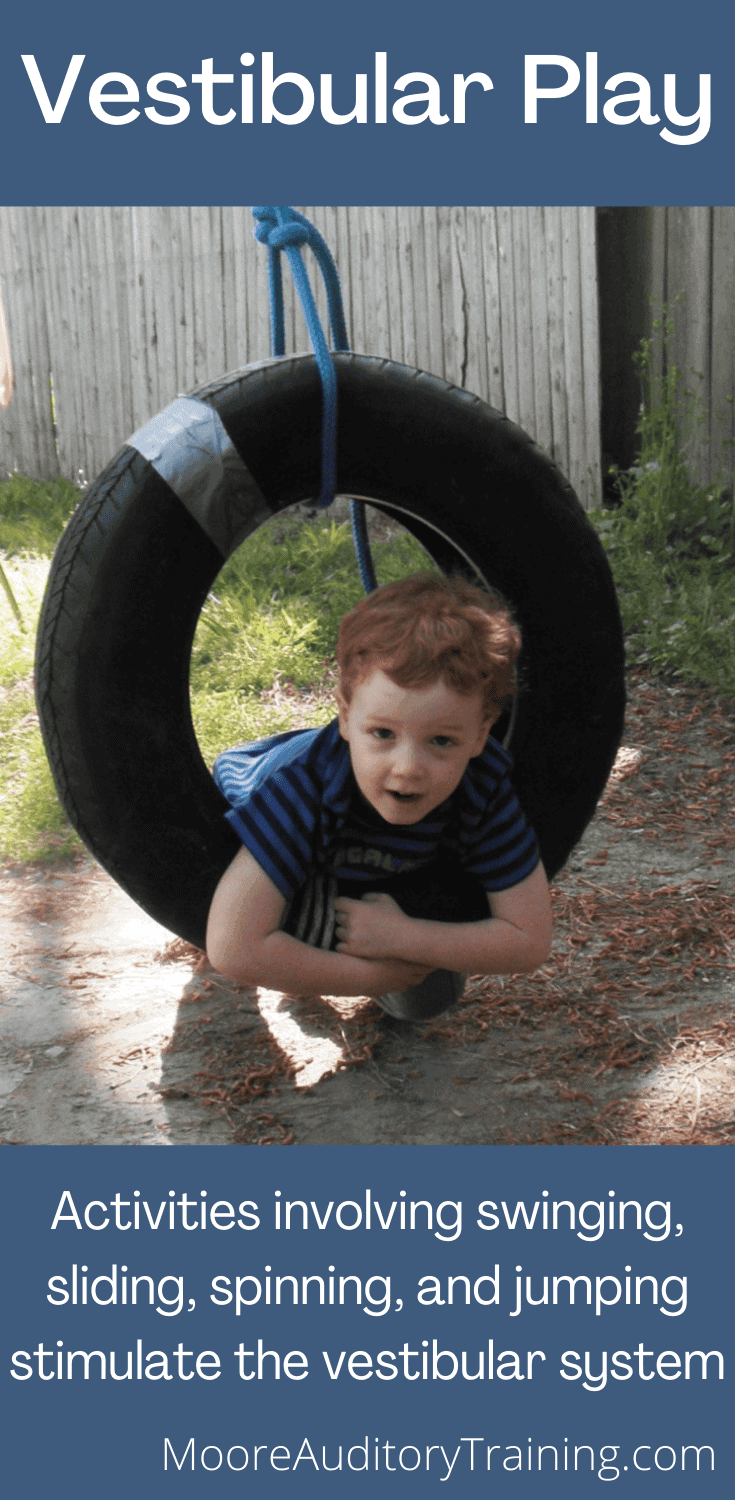Sound Intolerance
Do you cover your ears or avoid noisy places?
Are you distracted by sounds while listening?
Watch to learn how these parents improved their child’s emotional health.
Need Help?
Cheri Moore supports emotional health while building an individualized intervention plan to improve your ability to respond and maintain progress after therapy.
It is an honor to work with Cheri Moore on her journey with auditory integration therapy. She has shown a consistent desire to go above and beyond in every aspect of her practice and training. Cheri’s quest for greater understanding and her thirst for knowledge are demonstrated daily. It is a pleasure to work with a professional who is so eager to learn and apply new information to help her clients reach their best possible outcomes.
Kathy J Harvey-Jones, MsEd, Audiology, BC-HIS
Development of Sound Intolerance
Cheri ask questions in areas rarely discussed in therapy sessions. Is sound intolerance disrupting your life preventing you from hanging out with friends, disrupting listening, your attention?
Did you know that inflammed eustachian tubes during development or as you age distort sounds and cause physical discomfort like what one feels on an airplane due to pressure changes.
When chronic, you develop sound intolerance. Work with Cheri to improve your gut-to-ear health and enjoy music that is like physical therapy for your ears.
Don’t accept your difficulties as unavoidable due to a diagnosis or aging.

Fluid in the Middle Ear Increases the Risk of:
- Unclear Speech-own voice sounds distorted
- A Ruptured Eardrum-fluid around the ear is sticky
- Ear Pain-is your child tugging on their ear? Waking up crying?
- Difficulty targeting location of sound

Unknown Food Allergies Cause:
- Inflamation of the Eustachian Tubes
- Physical sensations of ear pain
- Fluid in the middle ear without infection
- Increased congestion

Enlarged Adenoids Block Eustachian Tubes:
- Congestion decreases while awake
- Congestion increases while sleeping
- Snoring
- Increases the risk for Central Auditory Processing Deficits
- Increases the risk for Central Sleep Apnea.

Past or Ongoing Poor Ear, Nose, & Throat Health Contributes to:
- Atypical Development of Speech
- Delayed speech development
- Unclear, difficult to understand speech
- Speech fluency difficulties
- Stammers
- Word finding difficulties
- Weak Inner Ear Vestibular Development:
- Poor balance
- Atypical walking: may walk on toes, arch back
- Writes too lightly or presses so hard they break the pencil tip
- Cordination of head, neck, and eye movement
- Seeks sensory input:
- Seeks sounds while also displaying sound intolerance
- Enjoys deep pressure such as a weighted blanket
- Enjoys wrestling, jumping, spinning, and back rubs
Emotional Consequences of Sound Intolerance
Depression, social isolation, anxiety, and poor self-esteem occur when sounds distract from listening and learning. Hearing sounds louder than others, which then cover up speech cause anxiety and embarrassment.
No matter how hard you work, it seems pointless. You must hear to remember. Perhaps you think, “I must be dumb.”
Good news! It is not your level of intelligence. It is how your brain responds to speech and sounds.
Auditory Integration Training strengthens pathways from your ears to your brain. So life changing that past clients share their stories, Testimonials.
Schedule your FREE 15 minutes phone call with Cheri. Share your story and learn more about our services.
Researchers Share Negative Impact of Sound Intolerance:
- Needs a very quiet environment to listen
- Forgets thoughts
- Difficulty answering questions
- Struggles with creative writing
- Interrupts
- Feels isolated even in groups
- Poor short term memory
- Overall poor language skills
(Illiadou, Bamiou, Kaprinis, Kandylis, Kaprinis, 2009)
All the above difficulties negatively impact social interactions, self-esteem, and academic performance.
Sharma, M., Purdy, S., Kelly, A., 2009. Comorbidity of auditory processing, language, and reading disorders. Journal of Speech, Language, and Hearing Research. 52, 706-722. doi: 10.1044/1092-4388(2008/07-0226

Join Our Community!
Get tips on how to improve your health and learn through purposeful play delivered straight to your inbox.

